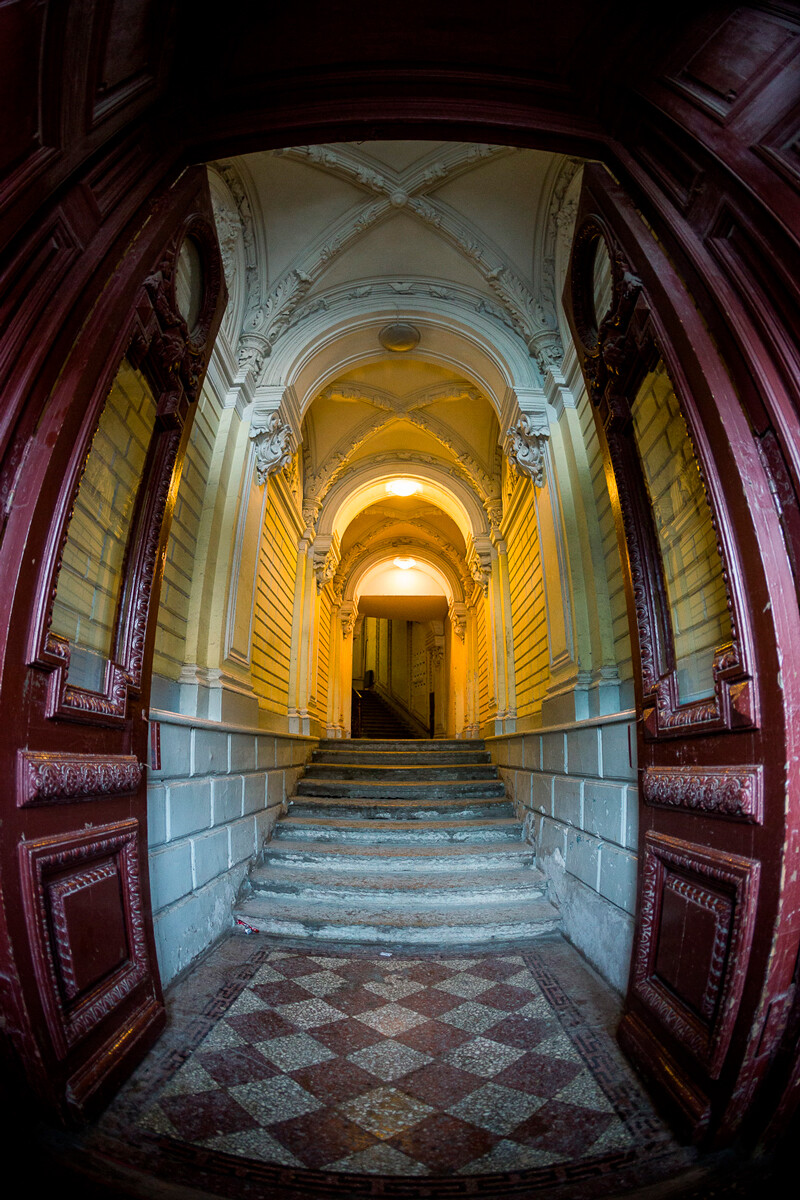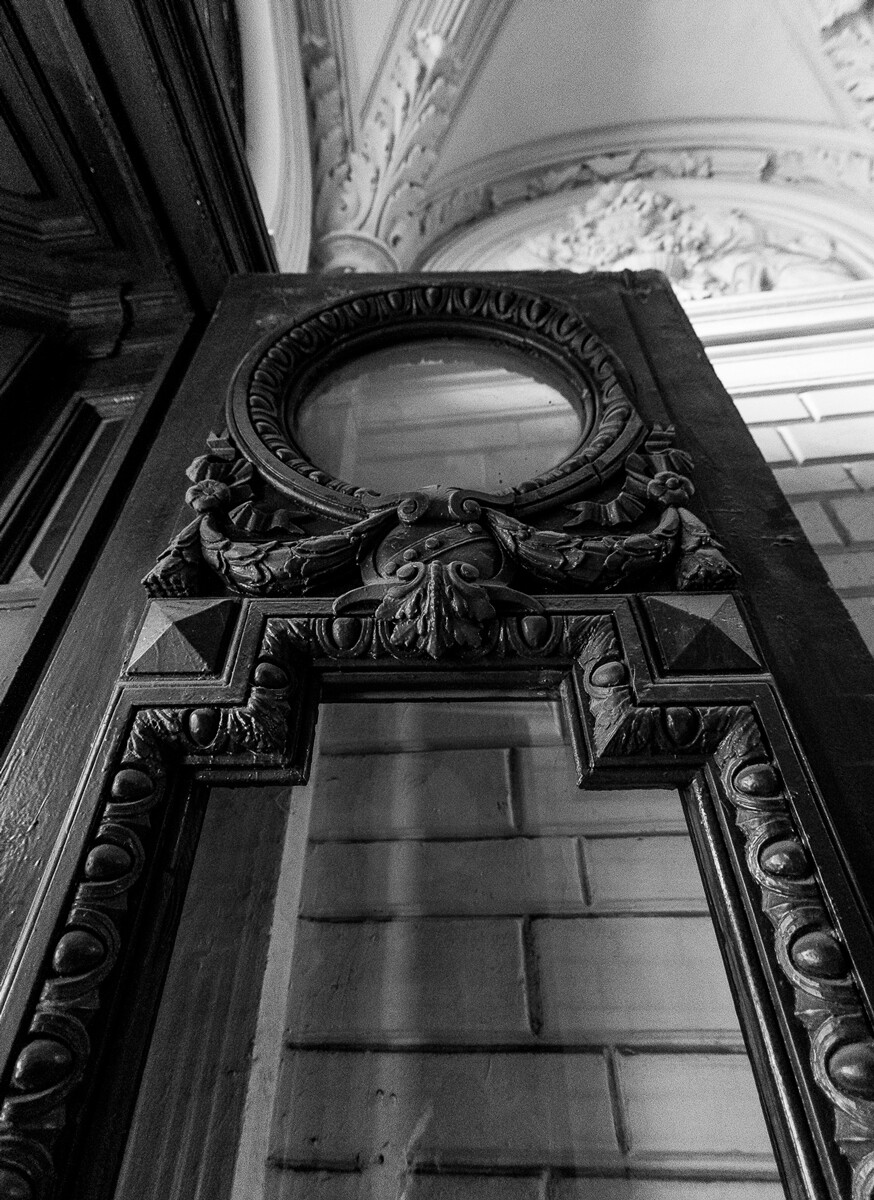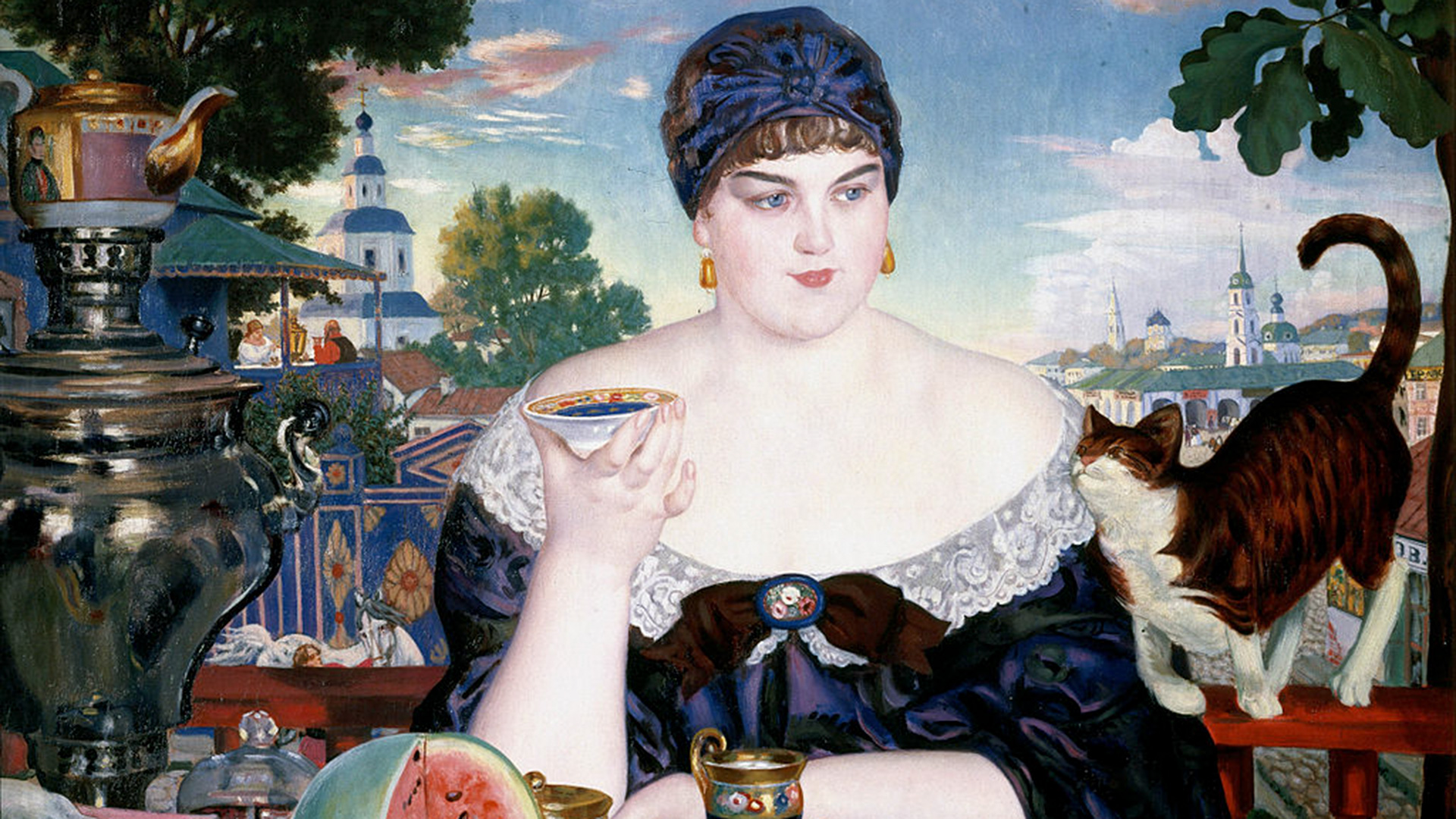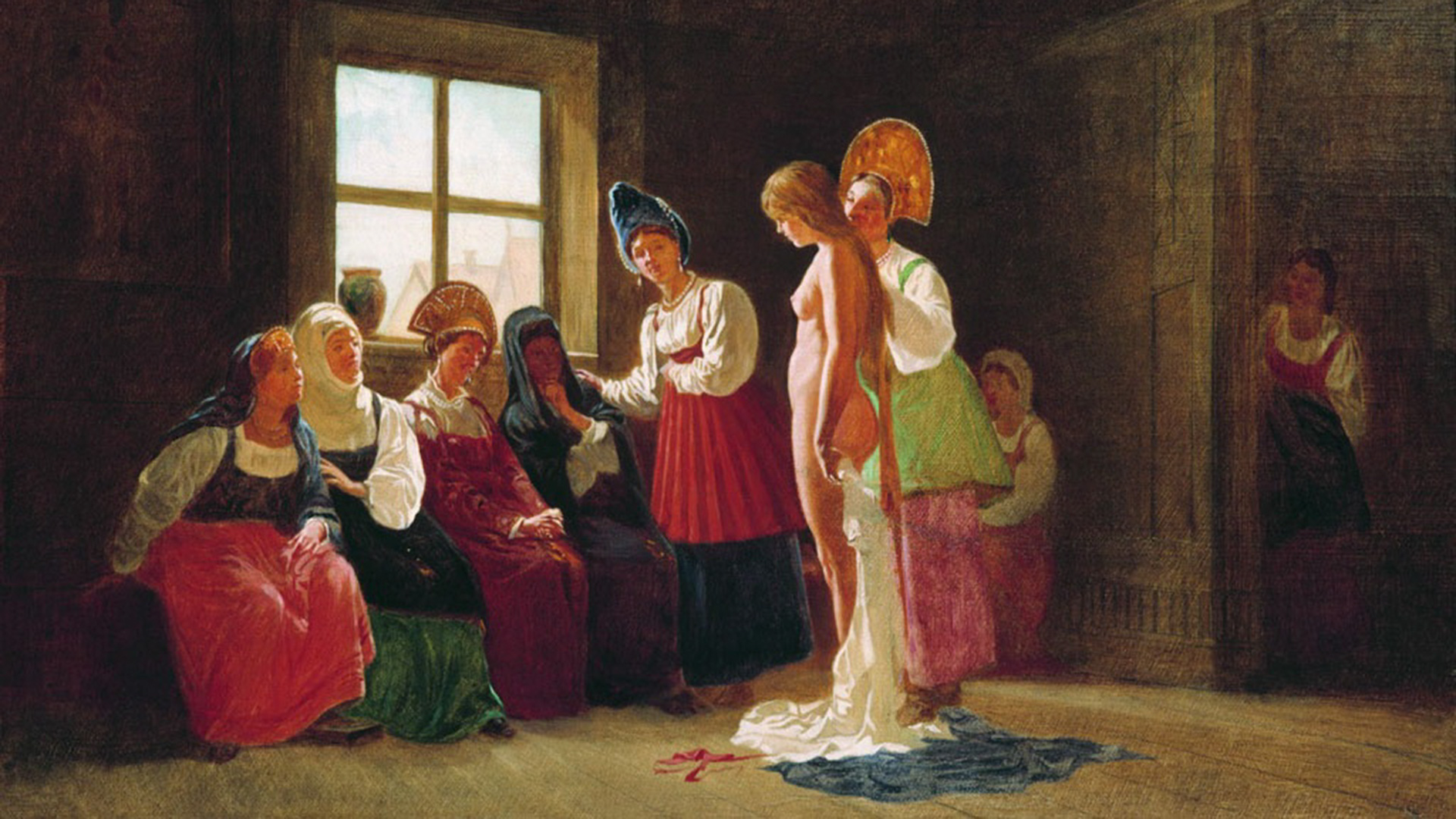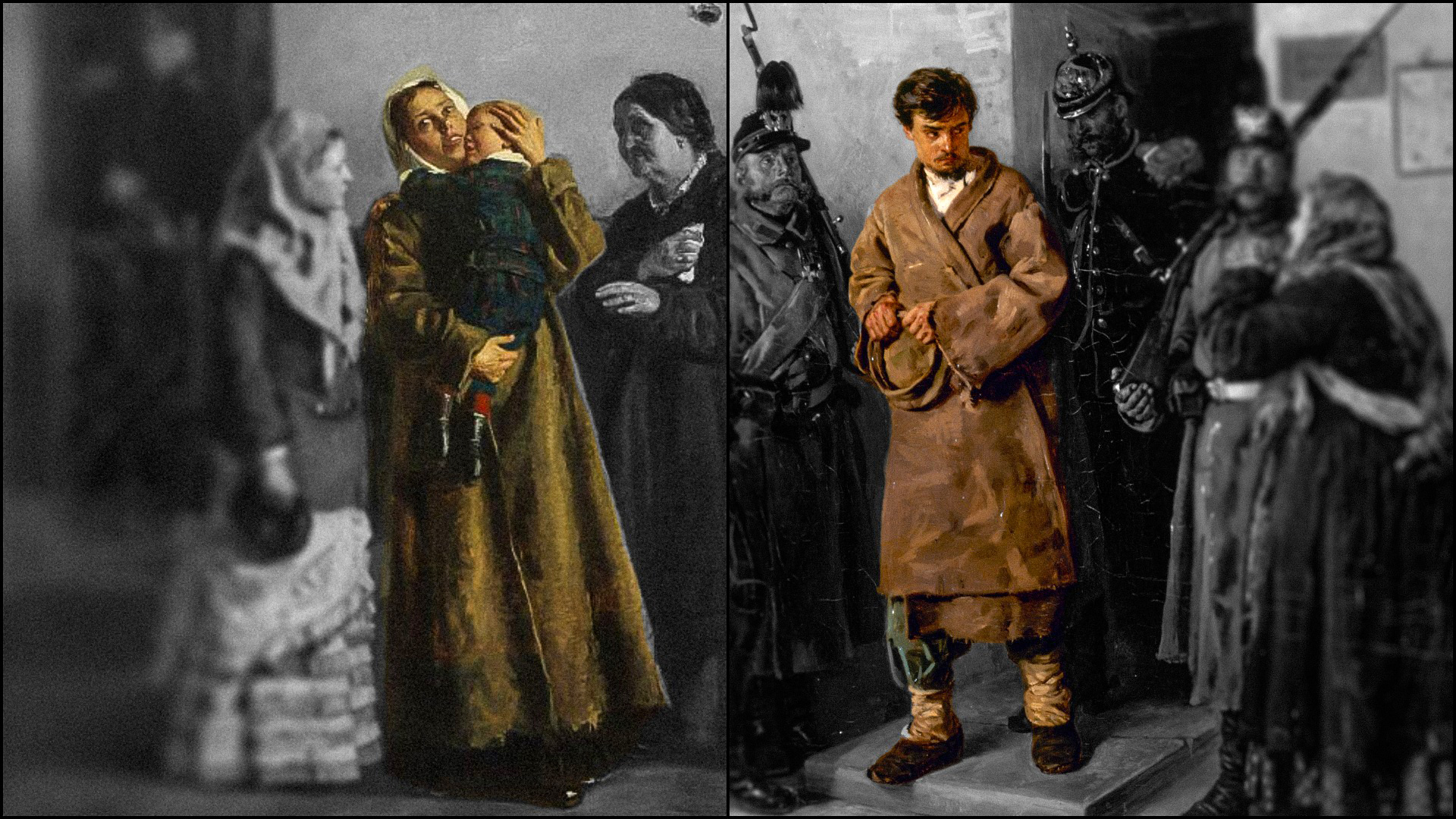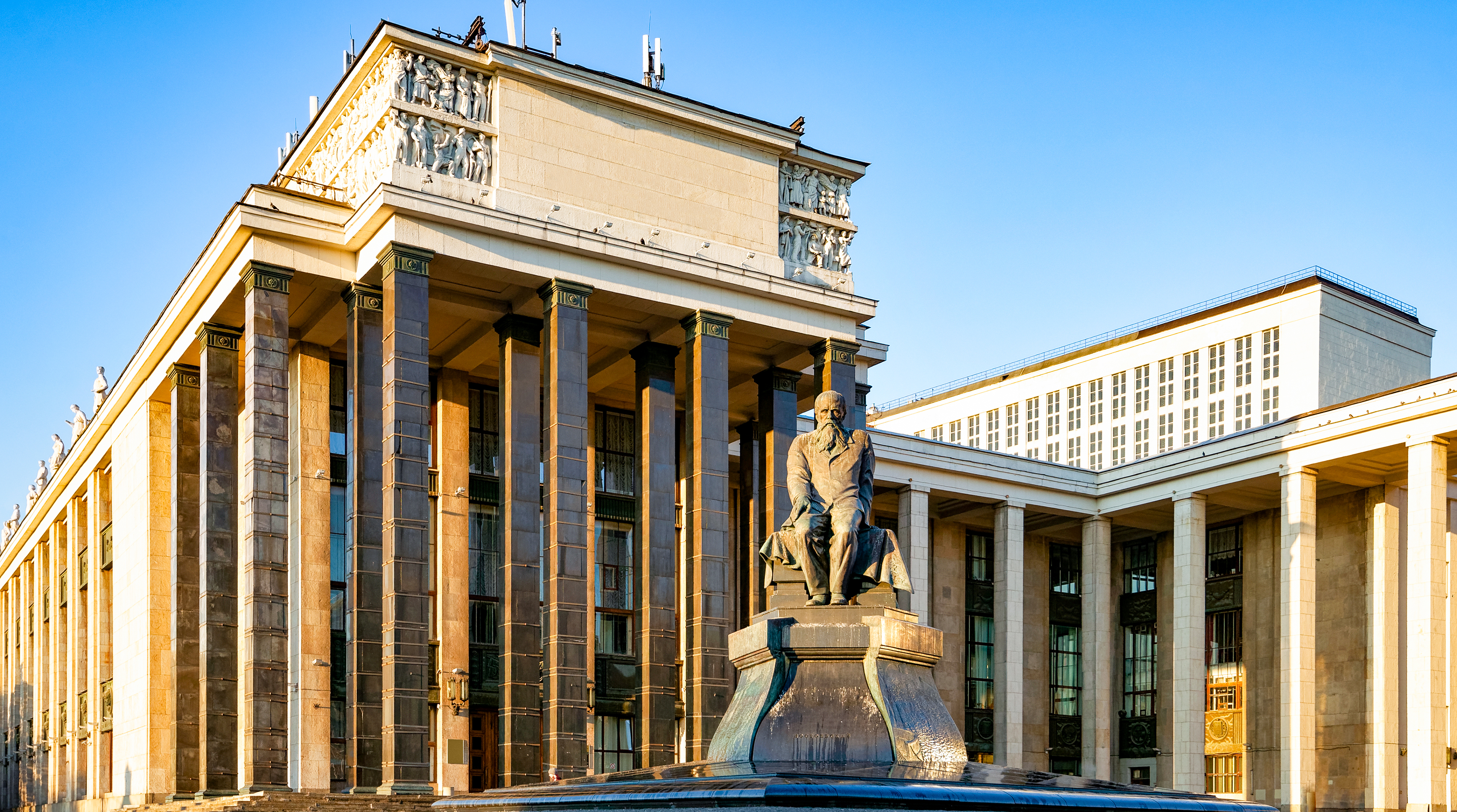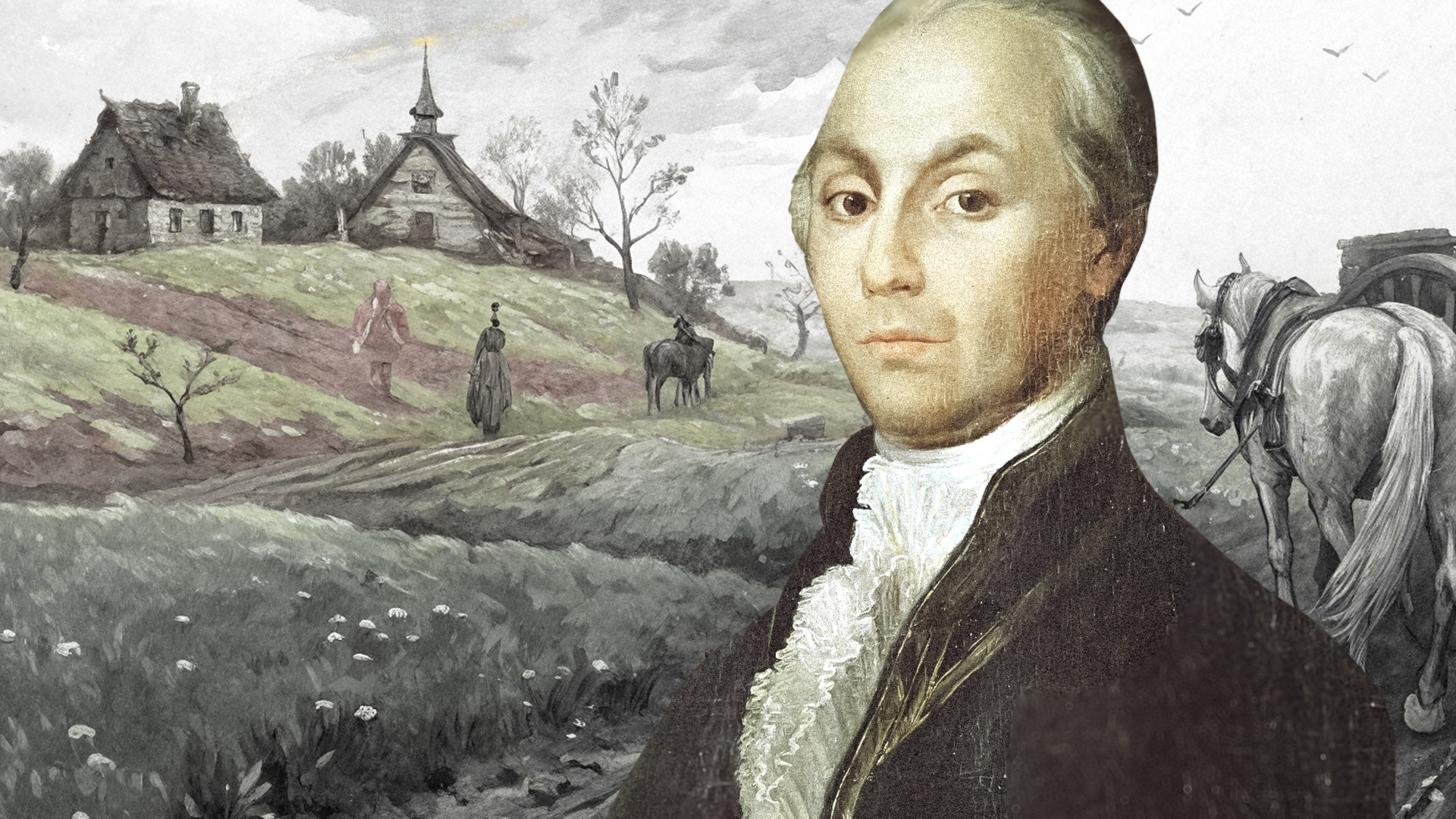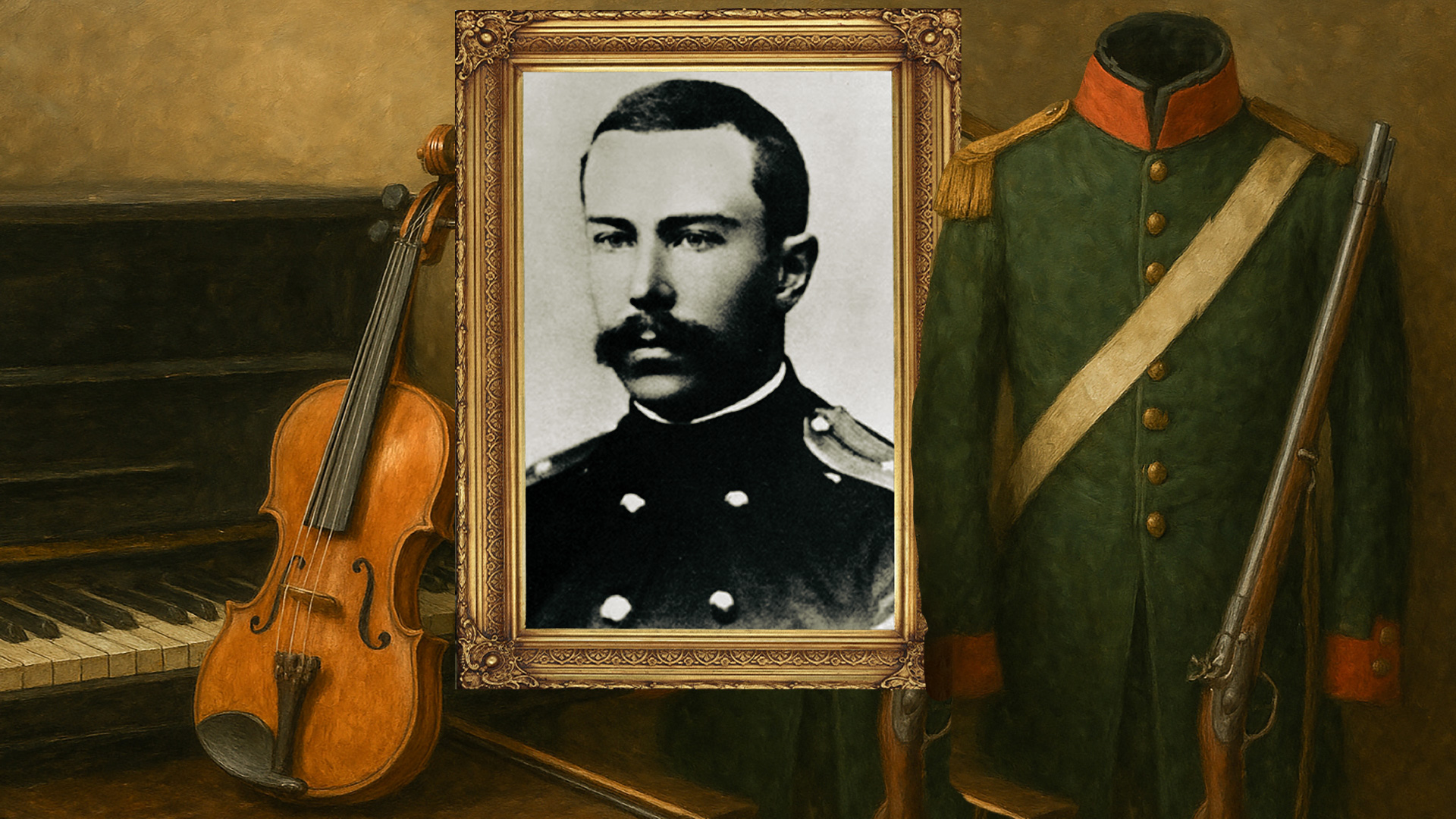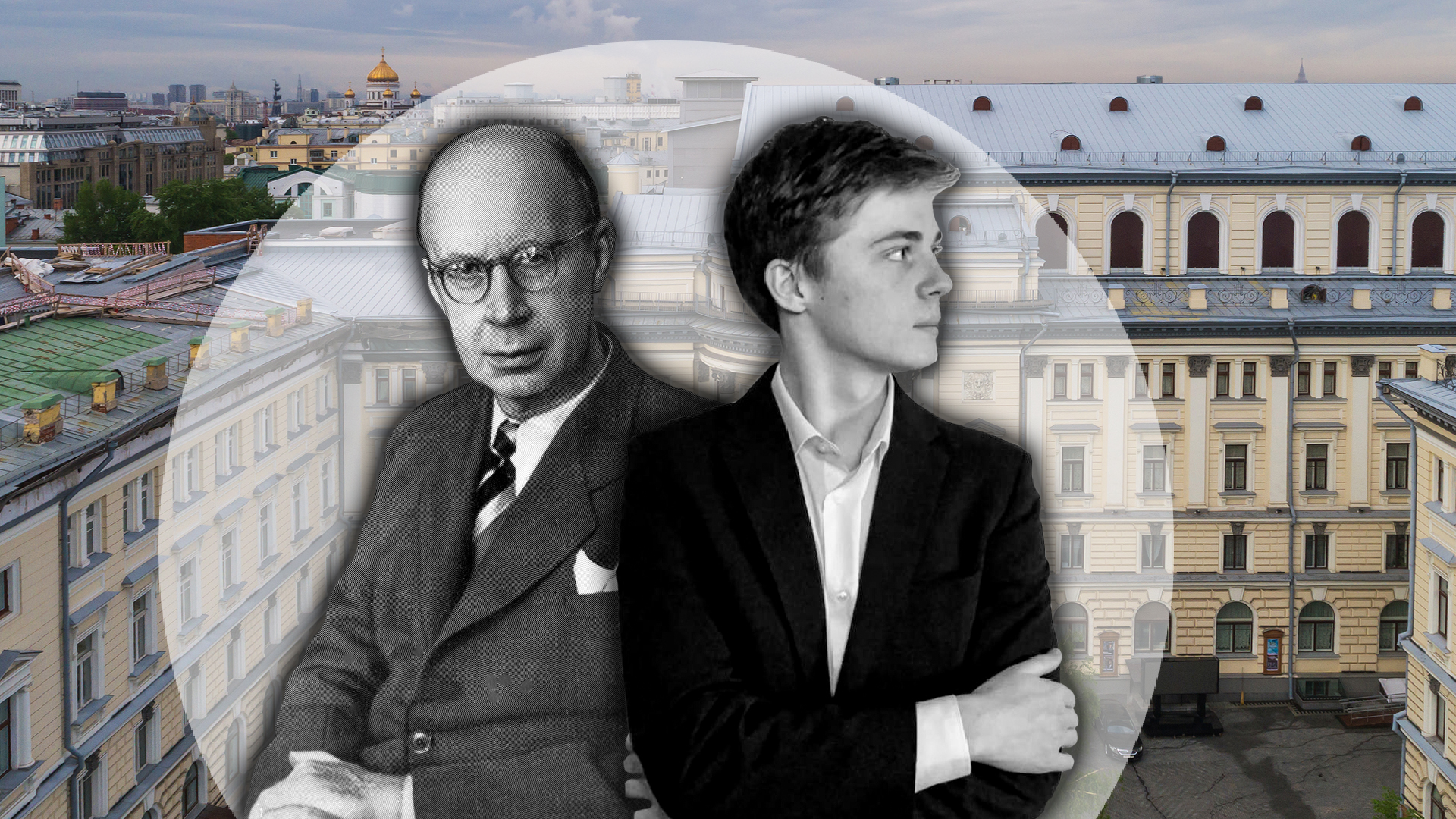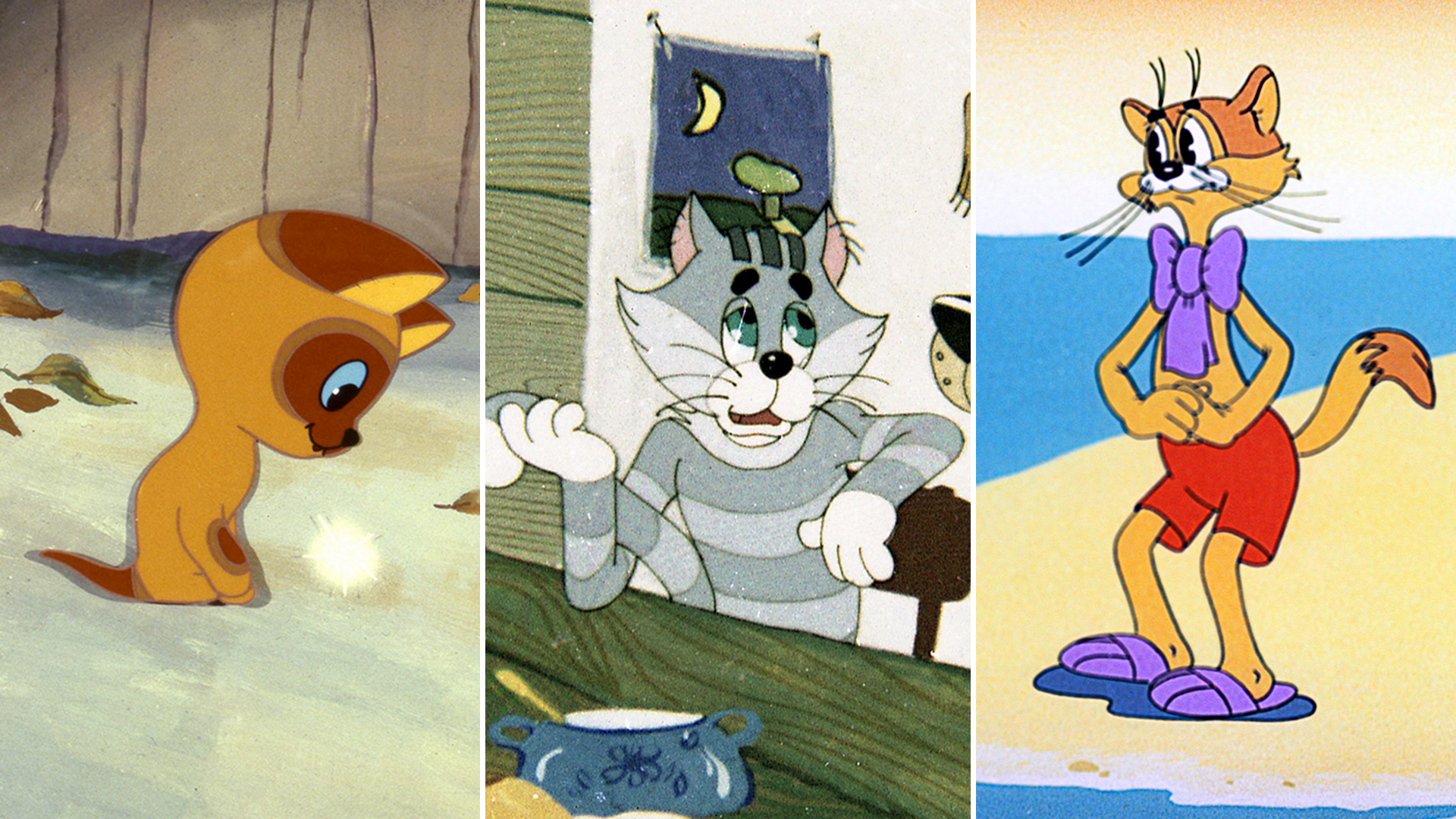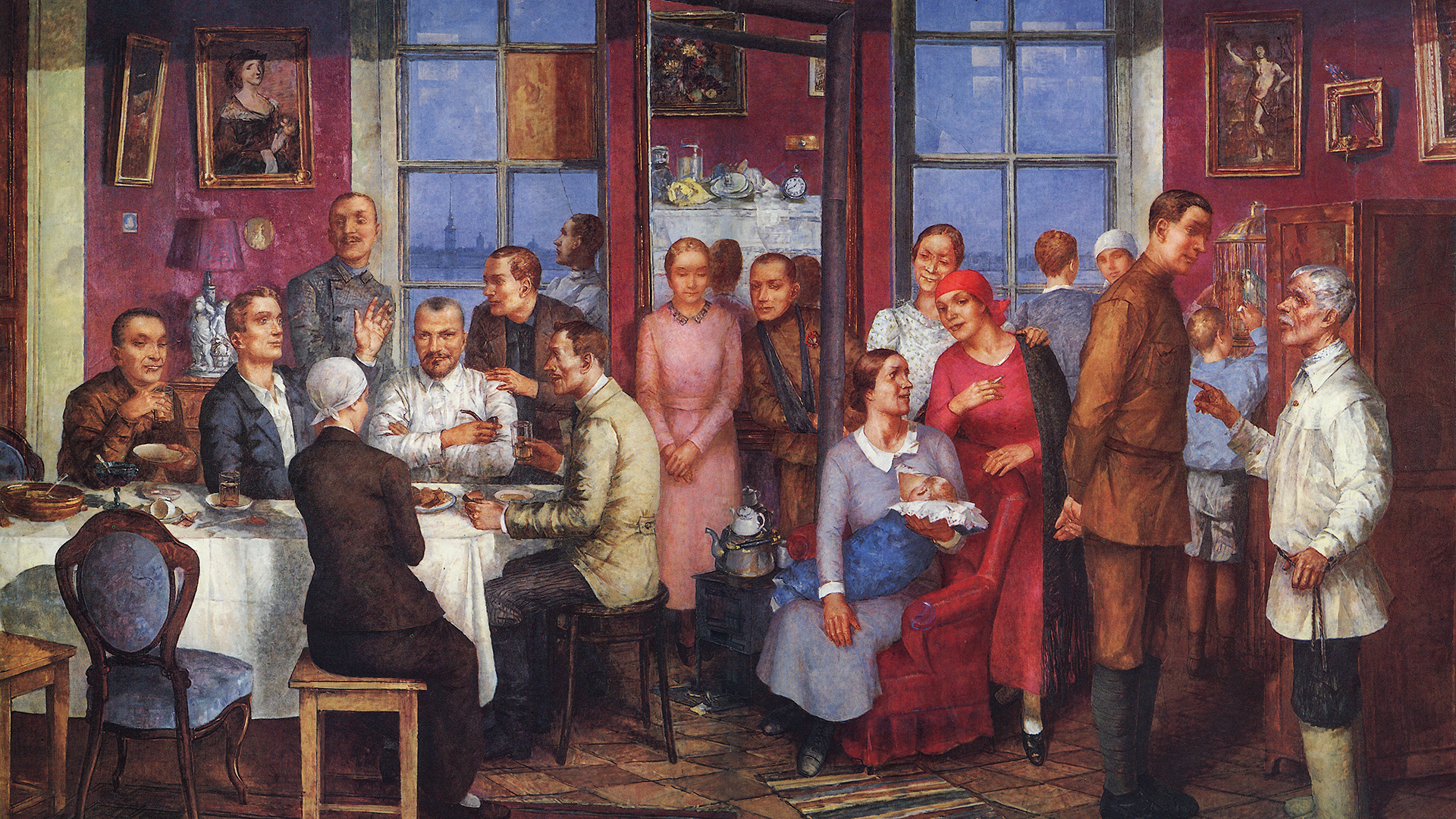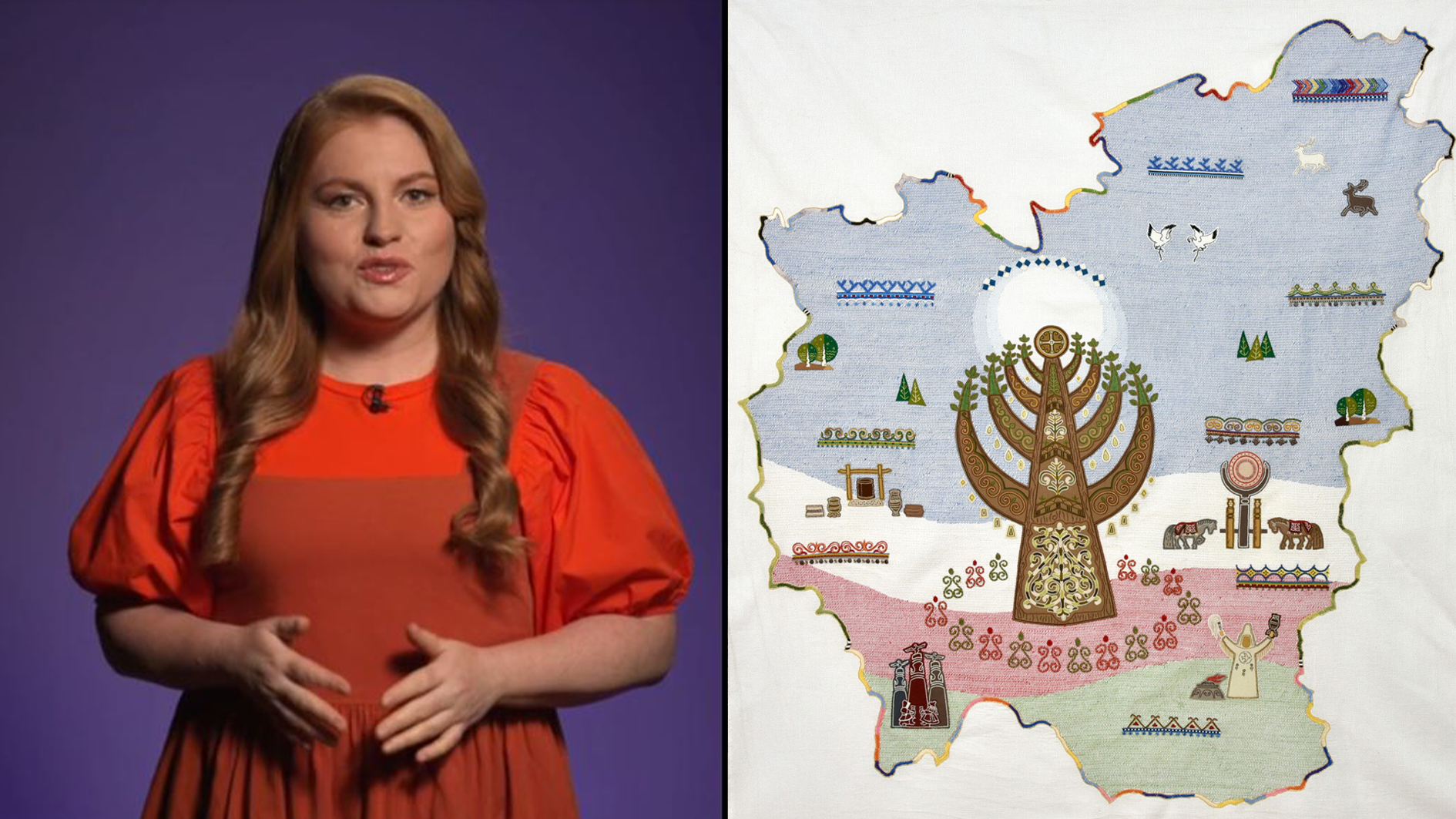
‘Paradnye’: The most beautiful house entrances in St. Petersburg (PHOTOS)
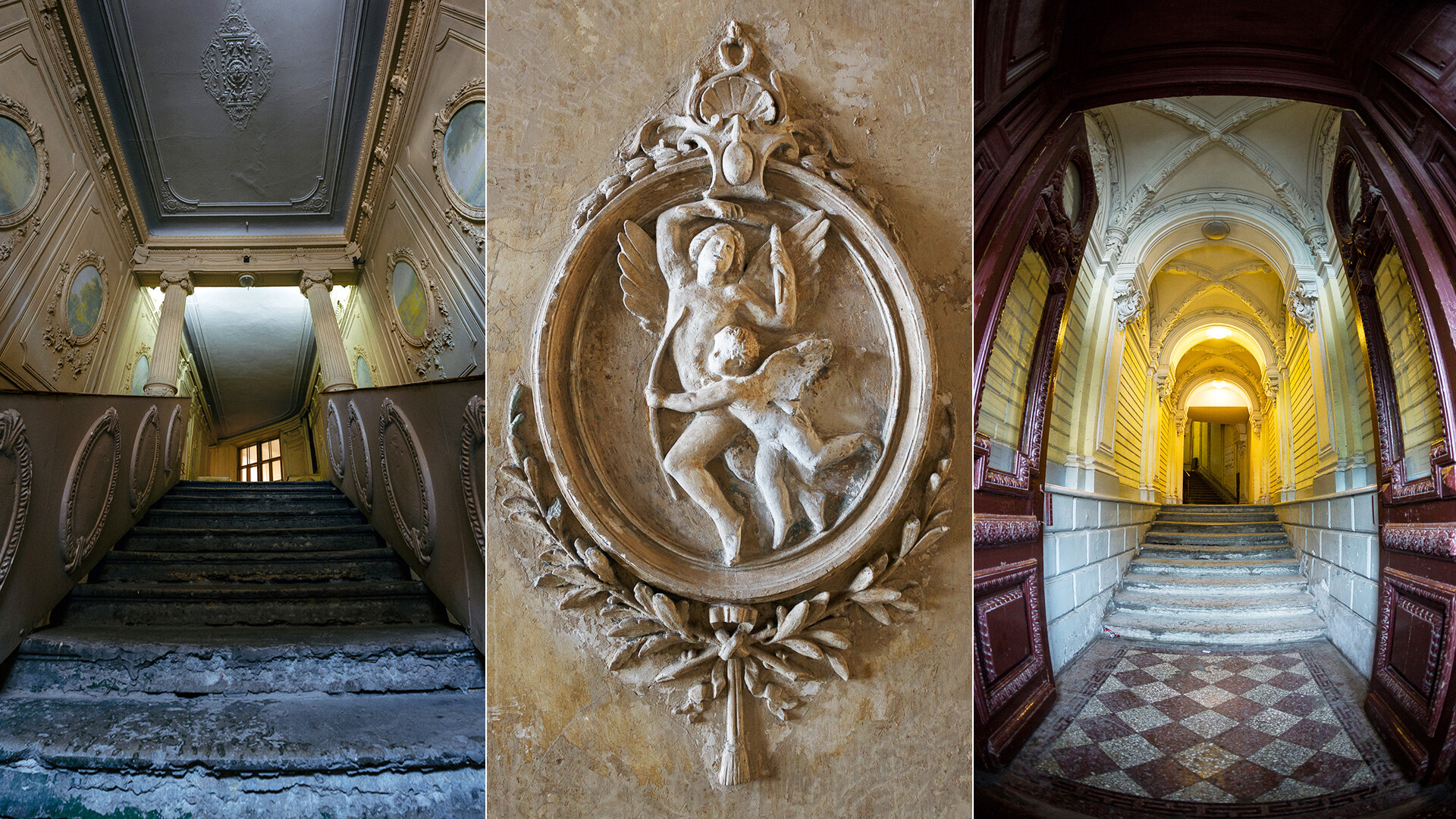
The vast center of St. Petersburg is largely built up with pre-revolutionary houses (of the late 19th and early 20th centuries). Their remarkable beauty is not limited to the external appearance, but also characterizes their interior. Elegant entrances and staircases amaze viewers even now, despite many of them looking really dilapidated.
‘Paradnye’ is a specific St. Petersburg name for house entrances, preserved from the times when St. Petersburg was the first city of the empire, where all the bureaucracy, court and the country’s richest people lived. The main staircases were elegantly decorated with moldings, stained-glass windows, bas-reliefs and sculptures. Luxury carriages drove up to the entrance to take their owners to the ball, while the “back” staircases were used by servants.
There are so many historic buildings in St. Petersburg that the city cannot cope with their repair and renovation. At the same time, many residents like to live in old houses, even those that are deteriorating. And there are those who engage in restoring them by themselves.
Telezhnaya Street, 9. The year of construction: 1909
When the Bolsheviks came to power in 1917, they abolished private ownership of housing. The former lords’ houses began to be “compacted”. The “compaction” meant the move-in of new tenants into a house without their consent. This is how the new government tried to solve the problem of shortage of housing for workers and peasants, who were increasingly moving to cities.
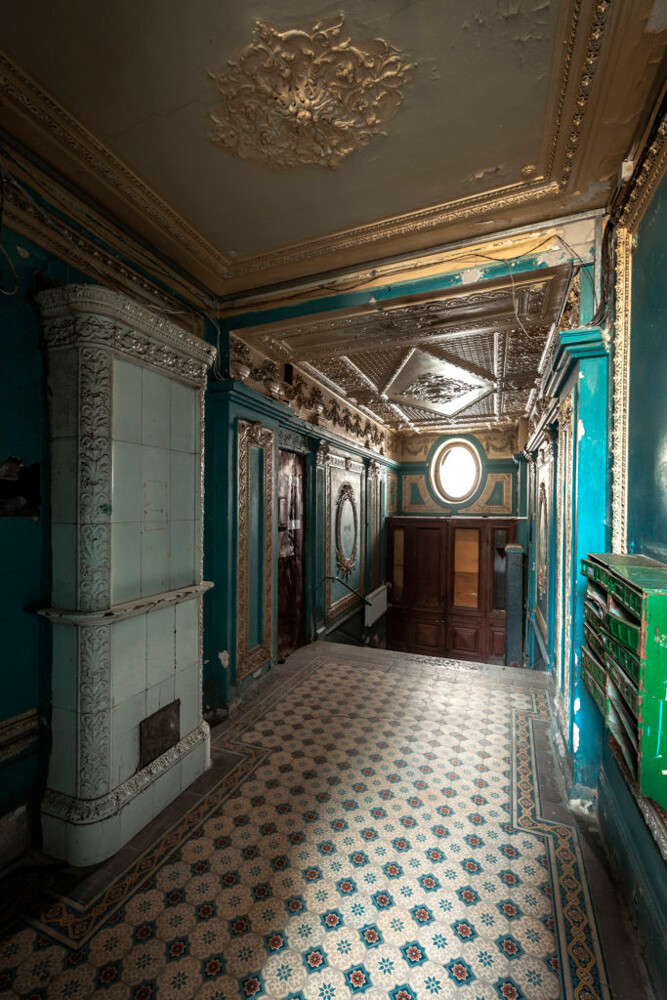
Before the “compaction”, one rich family could occupy up to 15 rooms, but, after it, several generations of one family could live in a single room of such an apartment. The post-revolutionary period caused serious damage to the decoration of the “front rooms”. Peasants and workers often treated the interior elements barbarically, considering them to be a relic of the past. Later, the city was also seriously damaged during World War II and the terrible siege.
Bolshaya Morskaya Street, 34. Year of construction: 1873
This house was built for the merchant Ernst Junker, but, soon, the house was bought by a woman named Maria Kelmeyer. It is known that the Vladikavkaz railroad board of directors and a music store used to operate in the building. Now, there are several hotels and a restaurant.
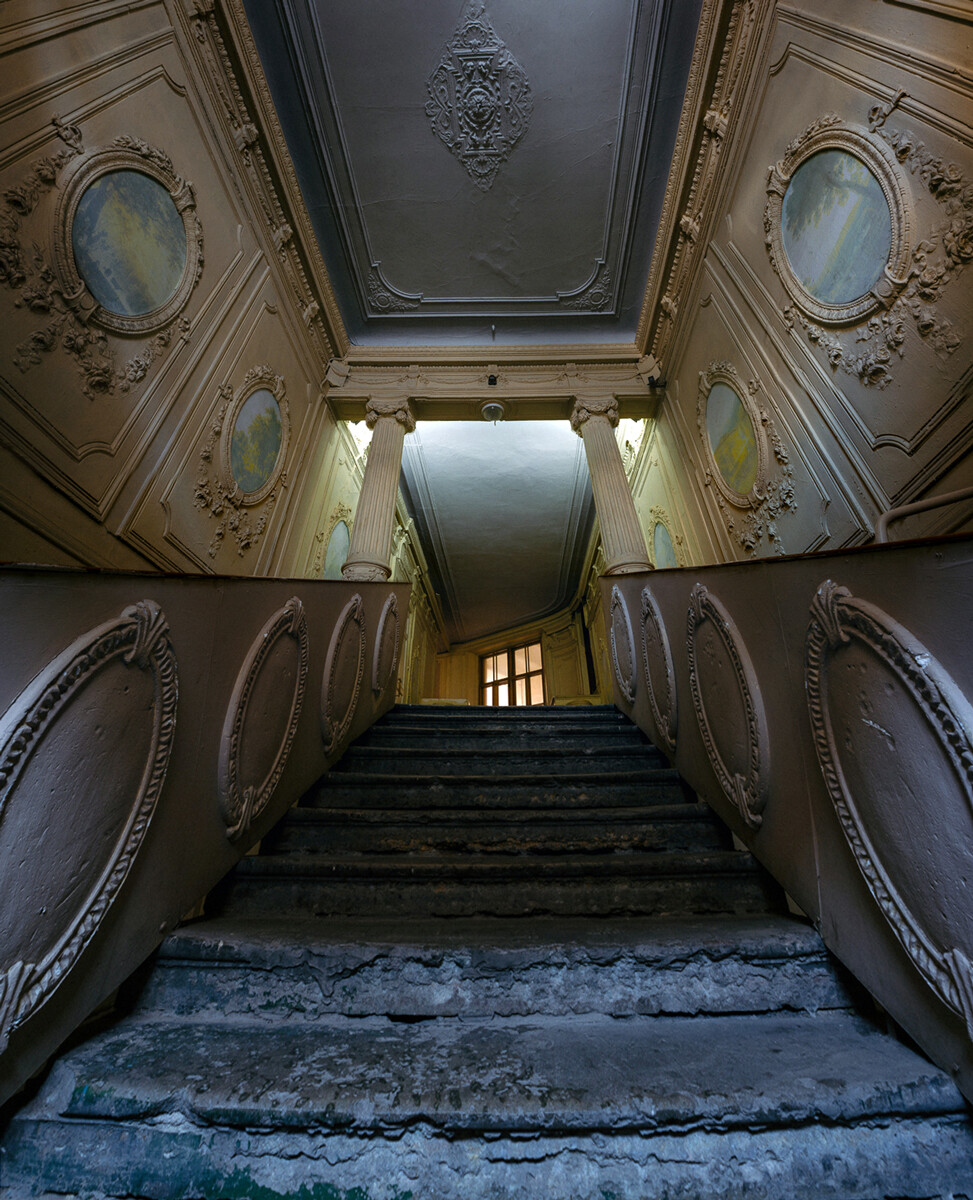
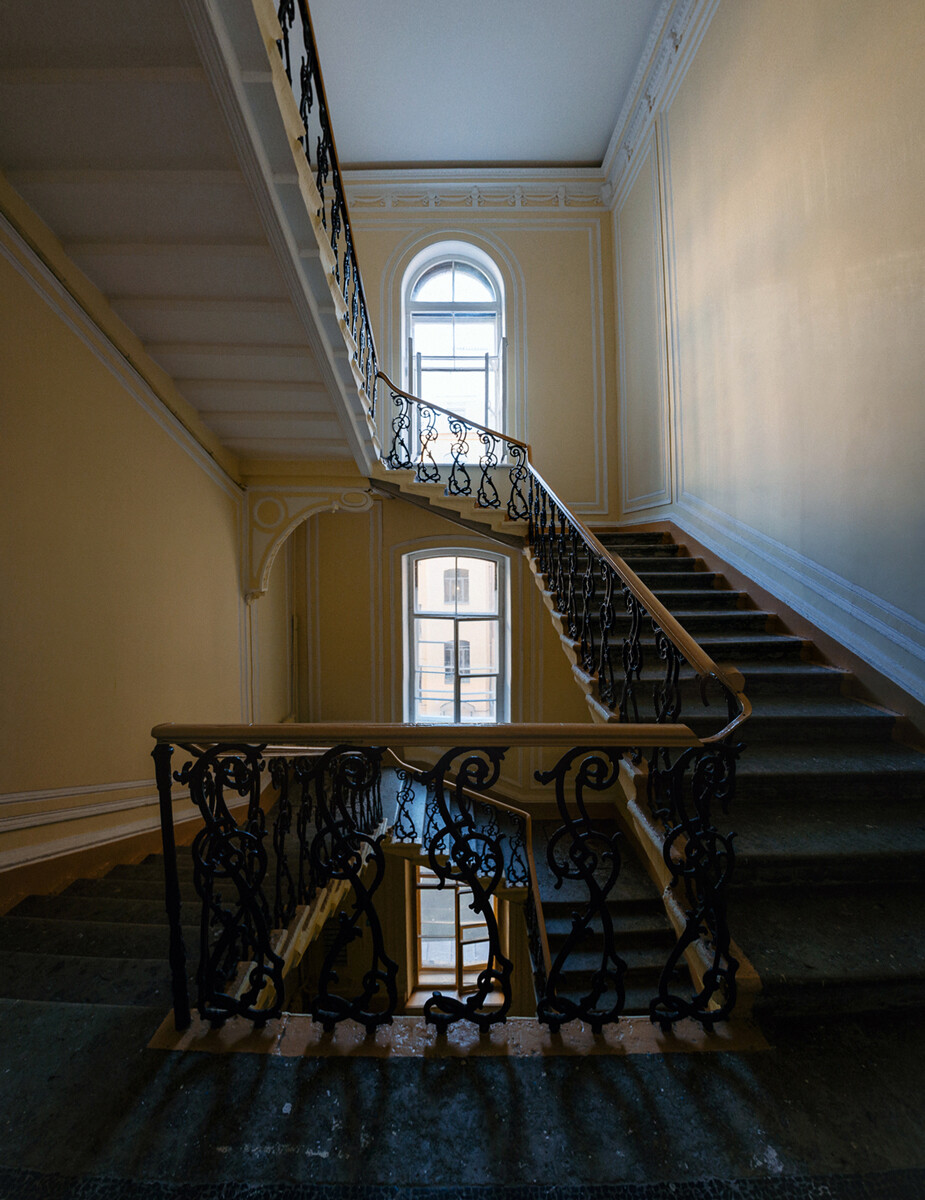
Bolshaya Morskaya Street, 35. Year of construction: 1907
The original stained glass windows, a furnace at the entrance and bas-reliefs symbolizing the four seasons are preserved in the building. The access to the building is free and, on Thursdays, at 19:00, there are even guided tours of the house.
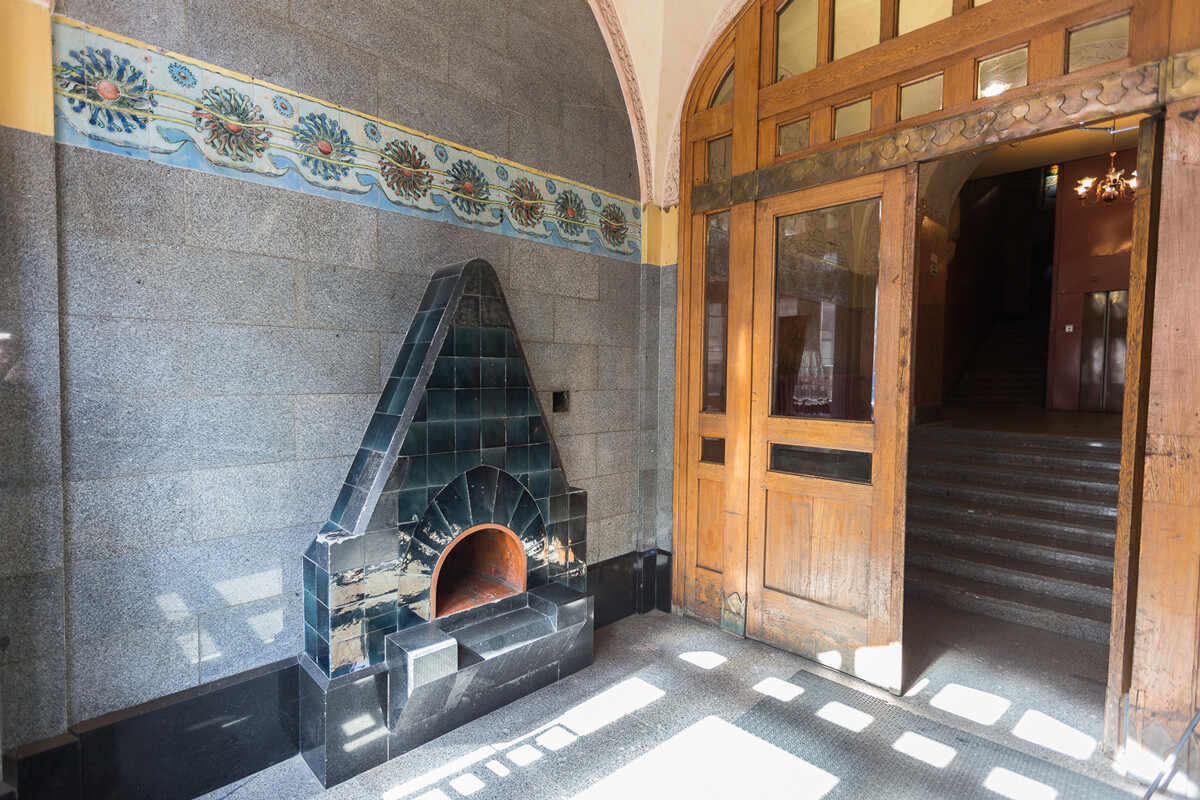
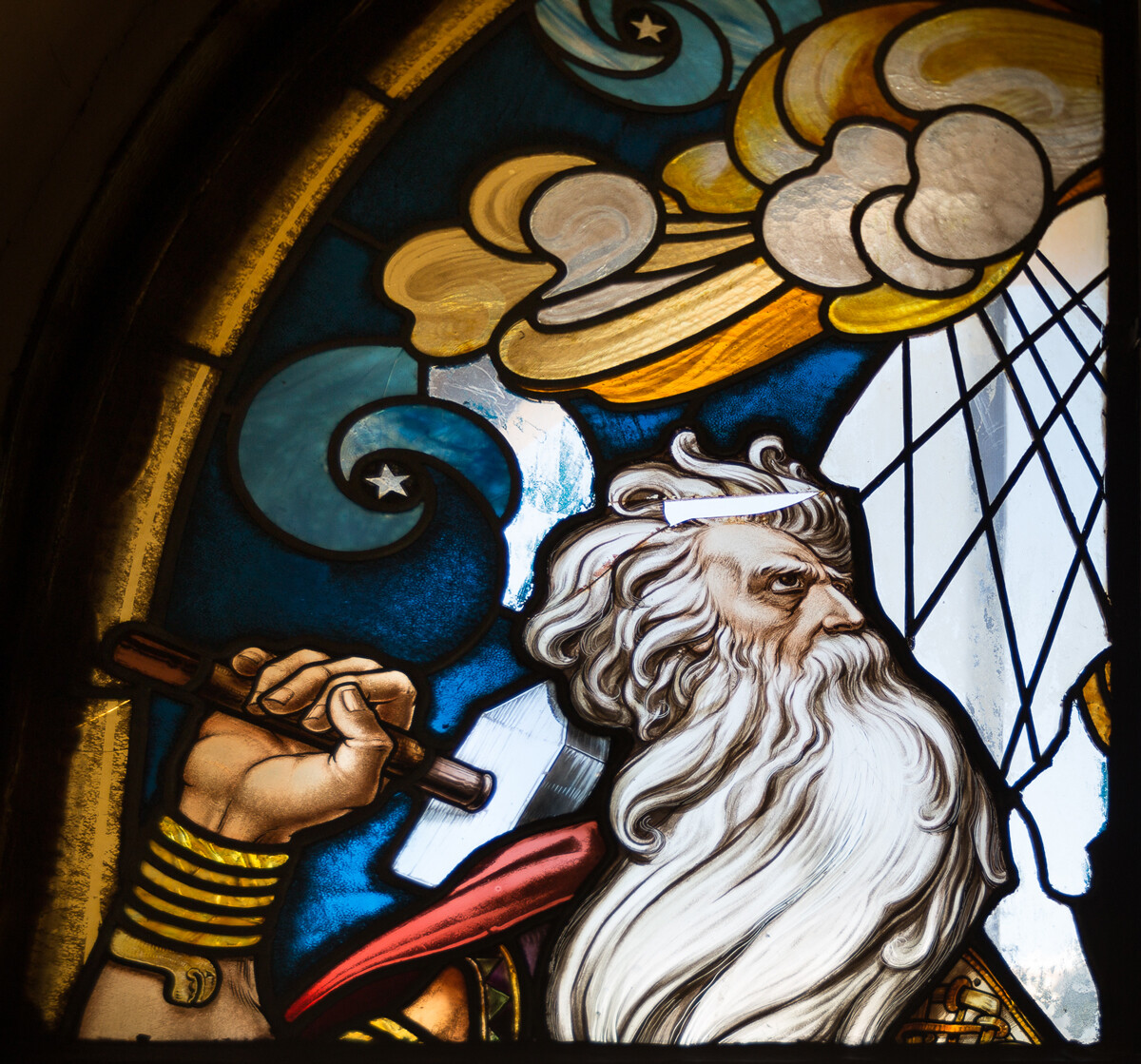
Ulyana Gromova Lane, 4. The year of construction: 1881
Some houses still boast the figures of caryatids and atlantes on them and Vladislav Kraevsky’s tenement building is among them. There, in 1885, in his own apartment, he founded Russia’s first sports and wrestling club.
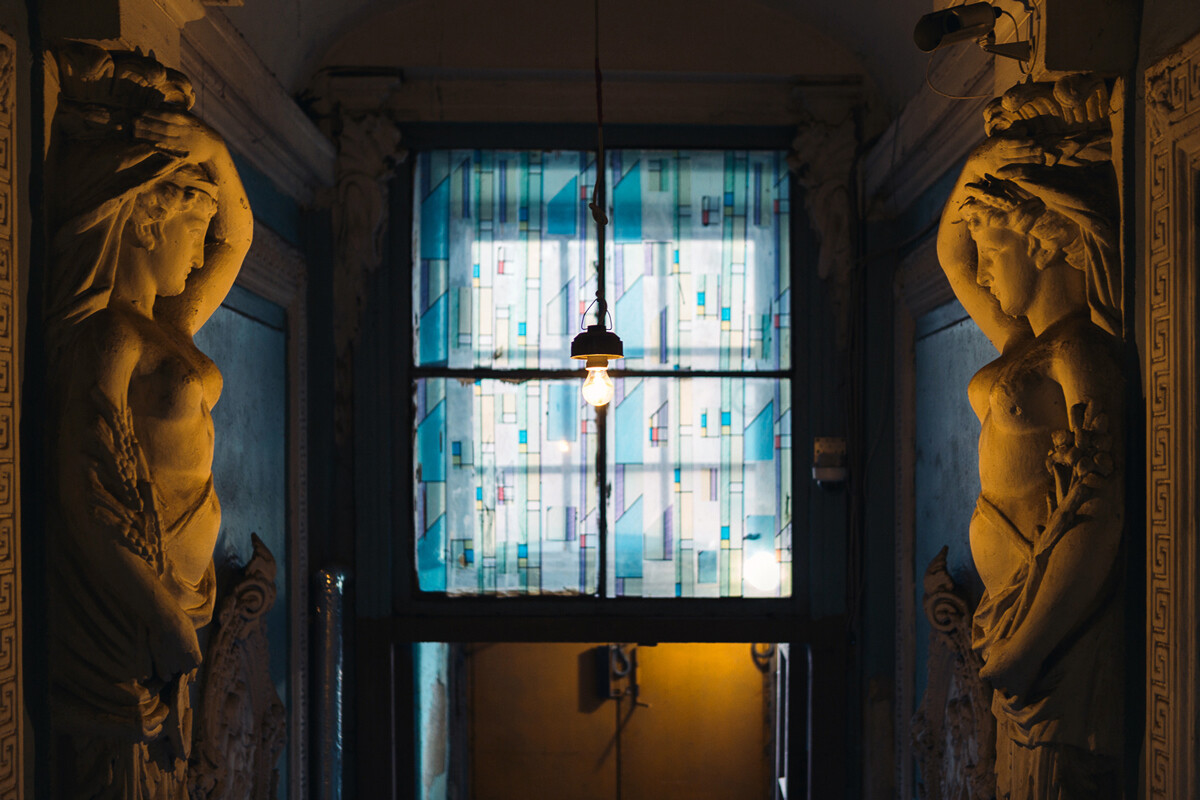
Kirochnaya Street, 40. Year of construction: 1910
The house is also known as the Neidhart mansion. There is a namesake mansion pretty close to this house, where movies are shot and festive events take place. But the two houses belonged to different Neidharts.
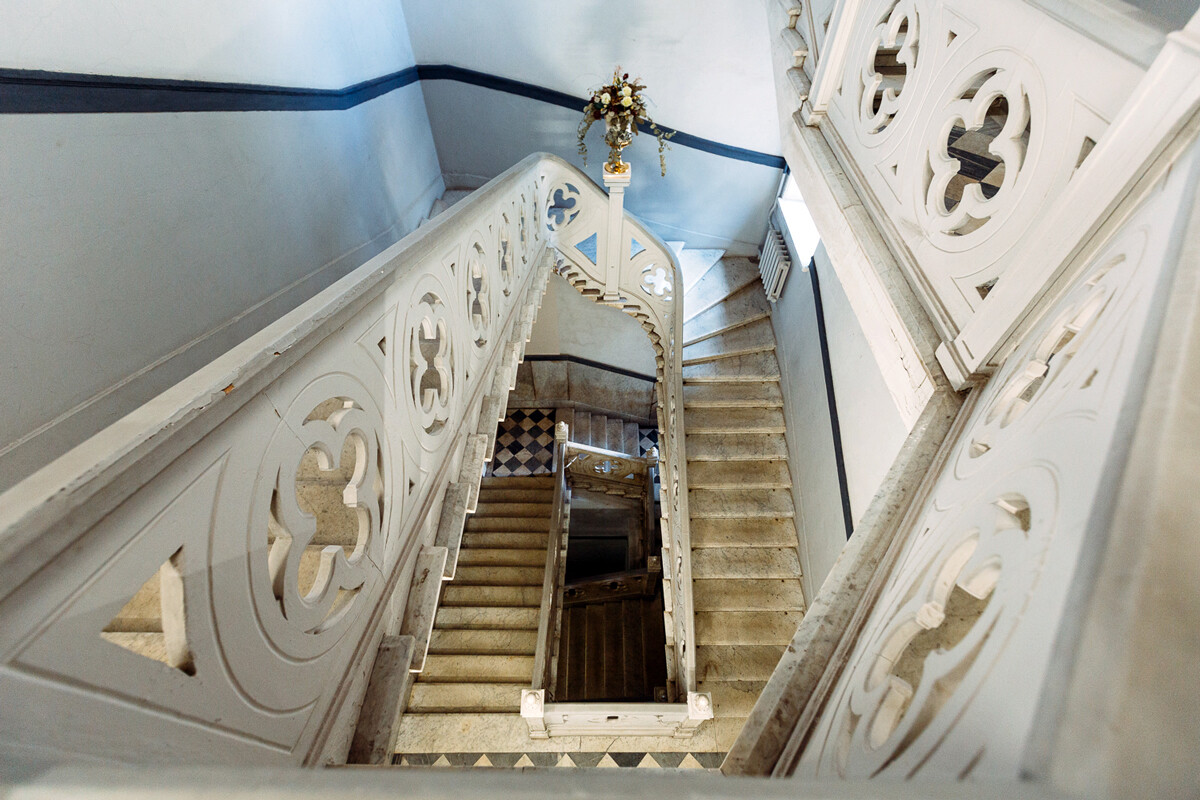
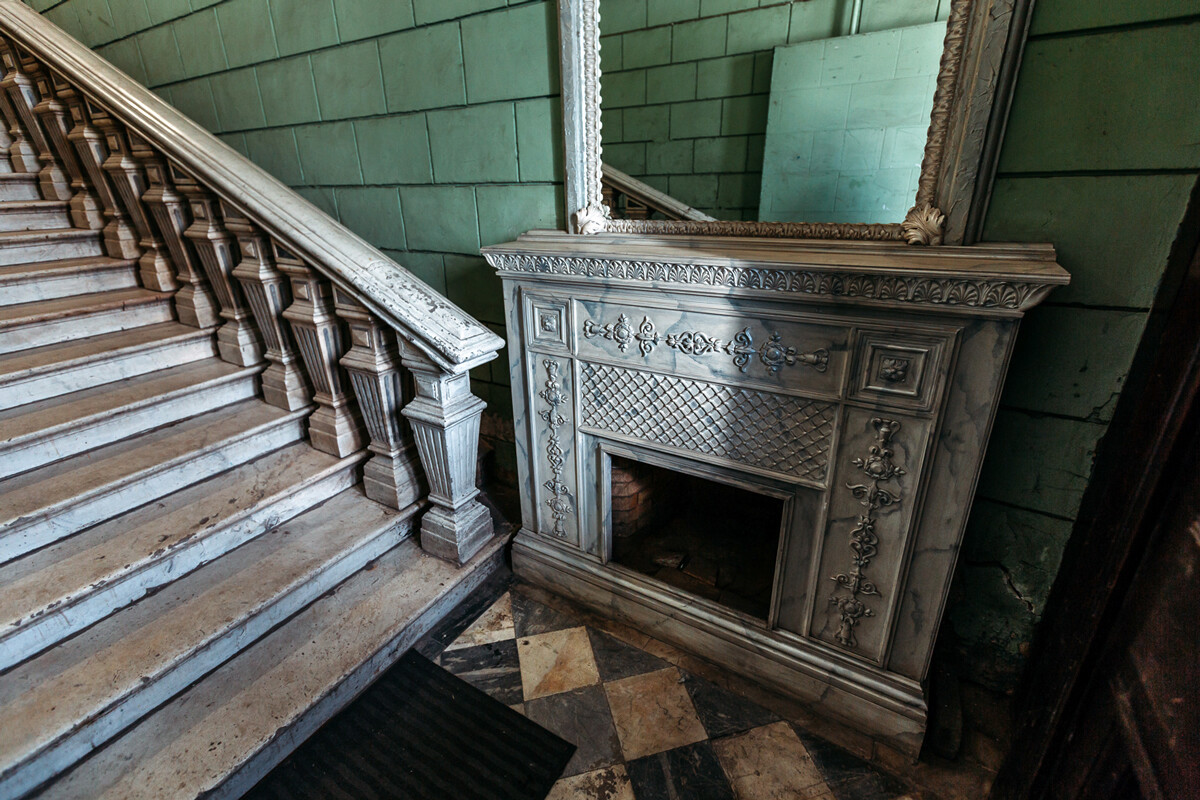
Lomonosov Street, 14. Year of construction: 1892
City residents nicknamed the entrance “a daisy” for the combination of yellow walls and white ceiling. The elevator shaft, which can be seen in the photo, has long been empty - the elevator has not survived. But, some sources indicate that the house once had the first steam elevator in St. Petersburg.
You can get into the house by paying 130 rubles to the concierge.
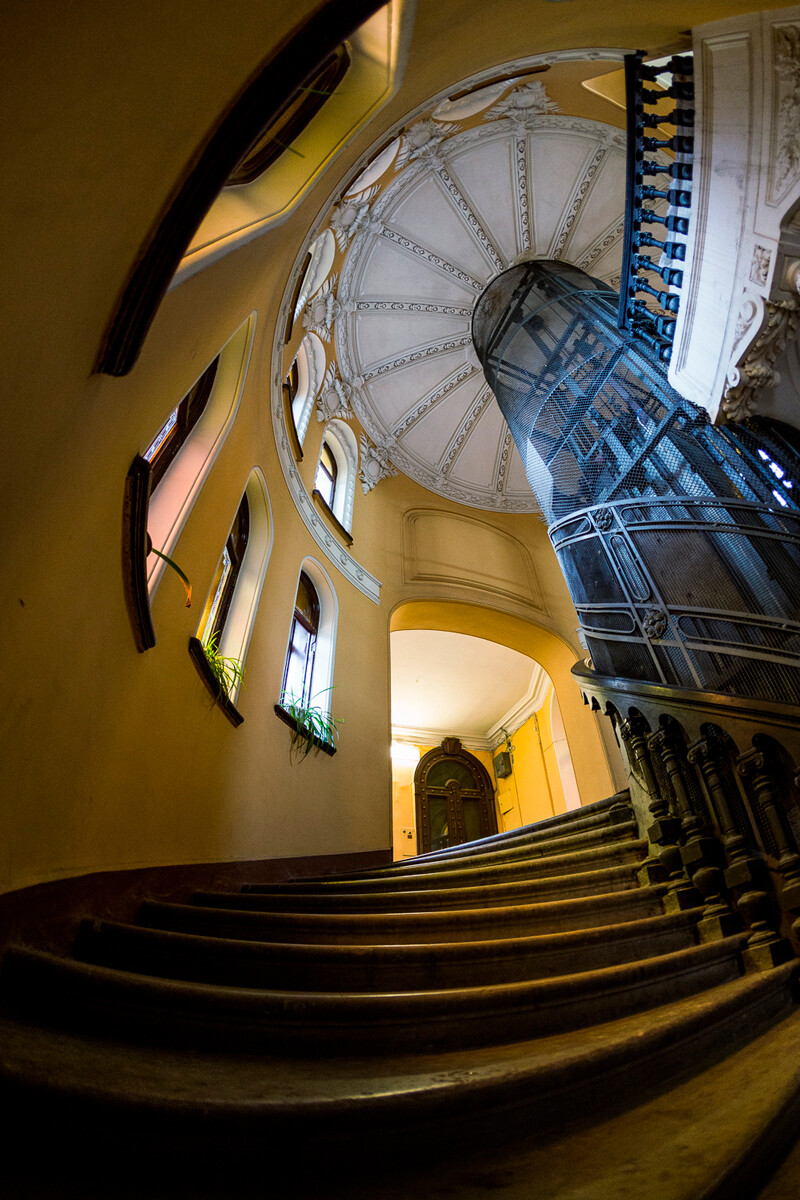
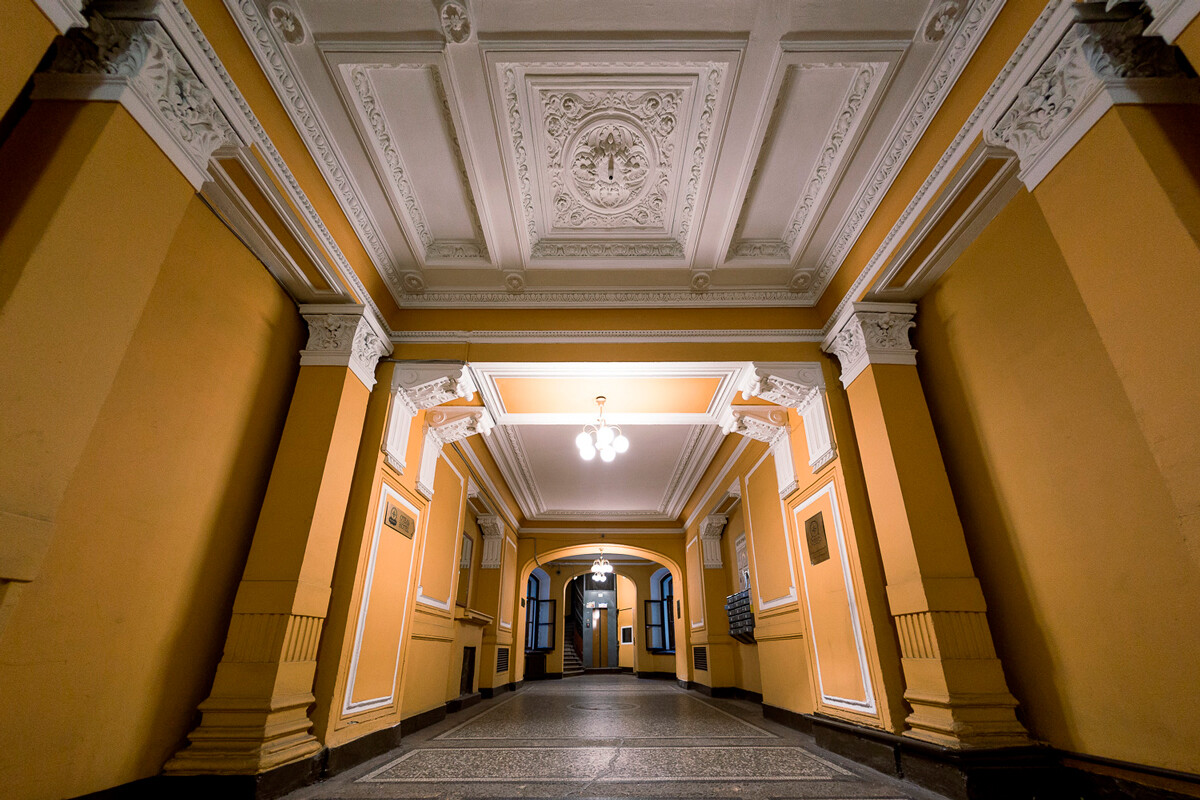
Dobrolyubov Avenue, 19. Year of construction: 1915
The house was built by the architect Yakov Gevirts for the joint-stock company ‘Stroitel’. Already after the revolution, it was mostly top Soviet officials and intellectuals who lived there, namely the head of the local NKVD, Rector of Leningrad University, as well as artists and writers.
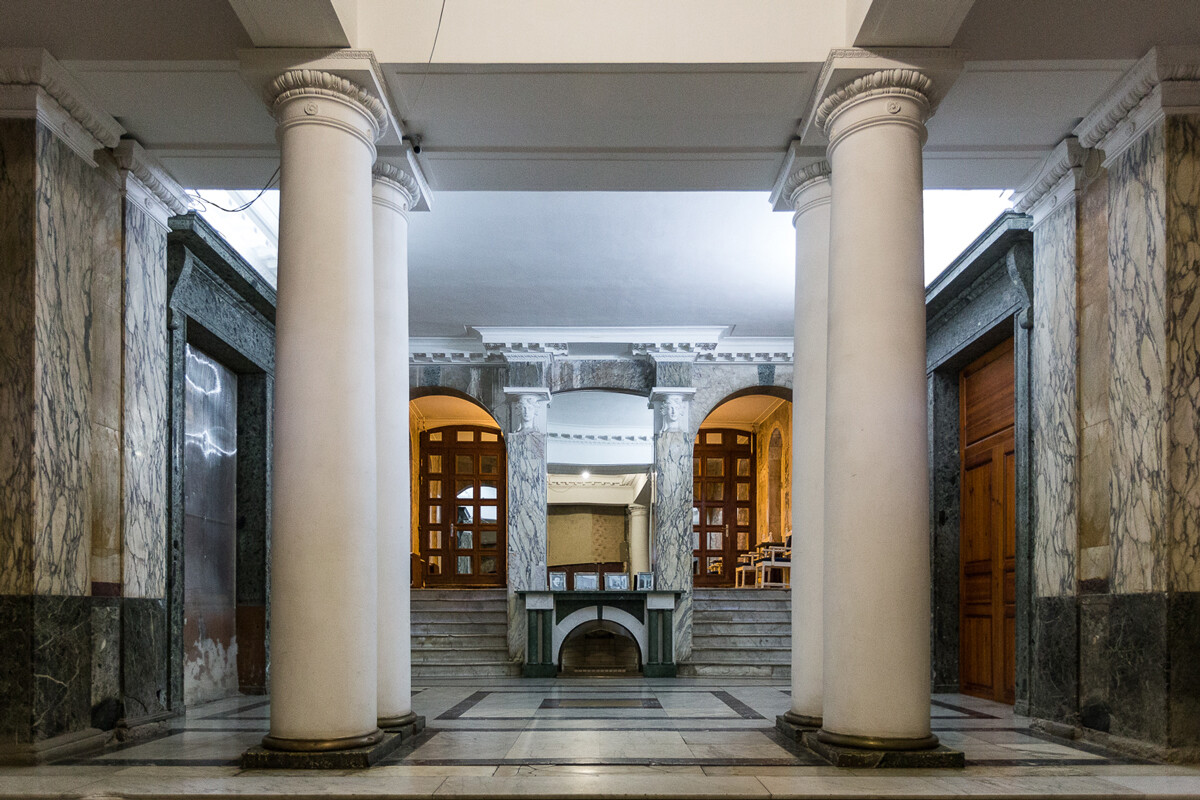
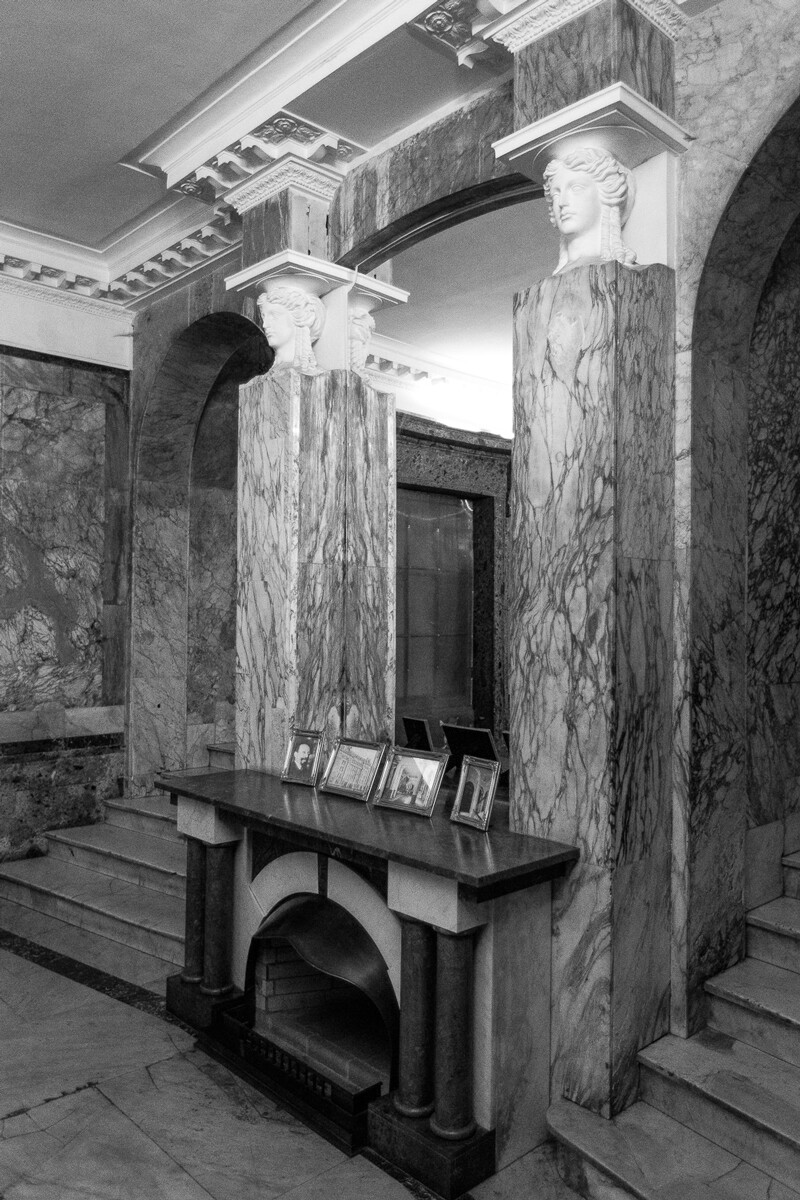
Tchaikovsky Street, 31, and Furshtatskaya Street, 25. Years of construction: 1873 and 1892, respectively
In some houses, even the smallest interior details have been preserved, like, for instance, the ornate legs of staircases and bas-reliefs.
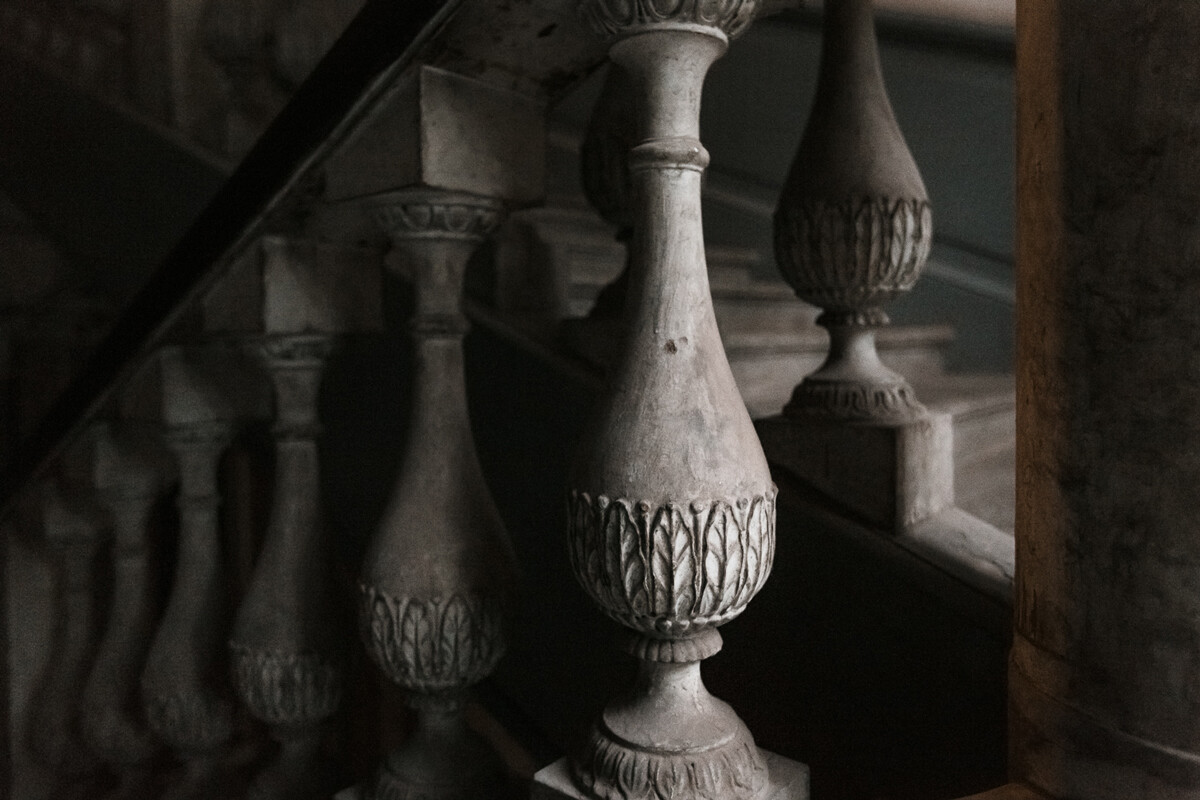
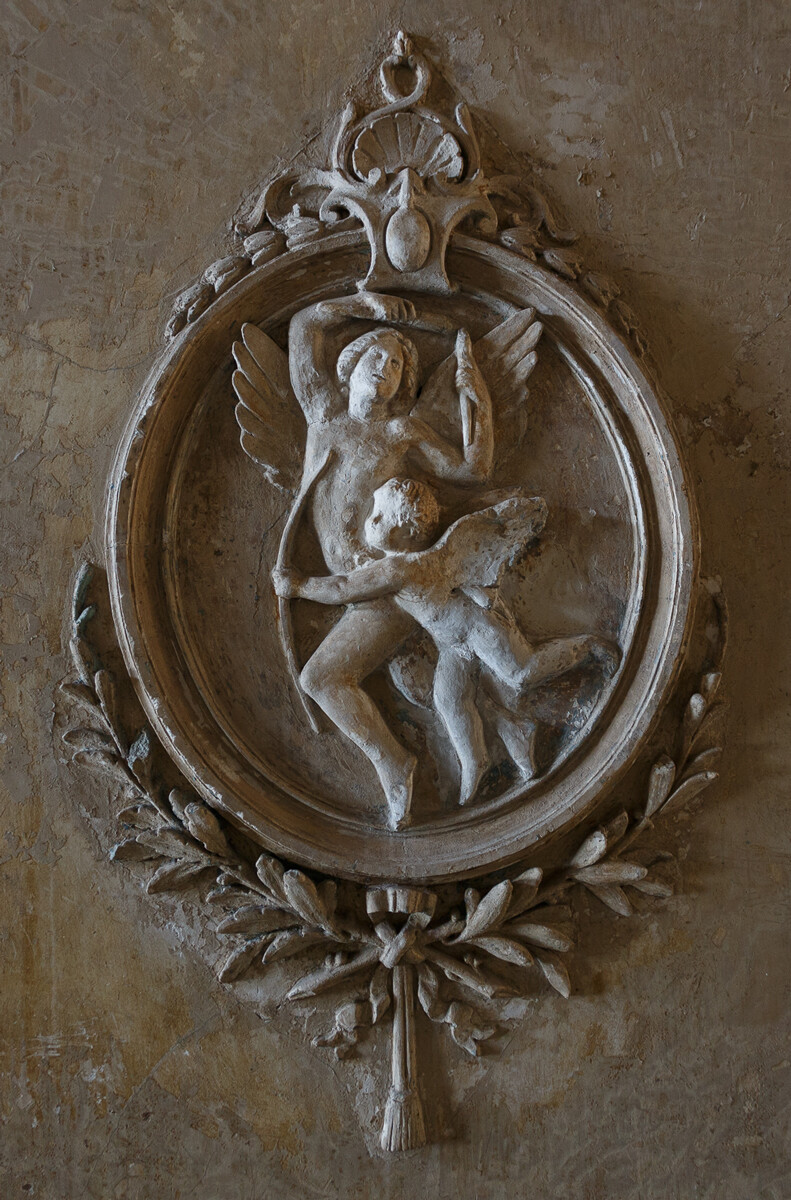
Fontanka Embankment, 64. Year of construction: 1890
The house was owned by Grigory Eliseev, a representative of the Eliseev merchant family. They owned a confectionery factory, as well as a range of stores and stalls.
